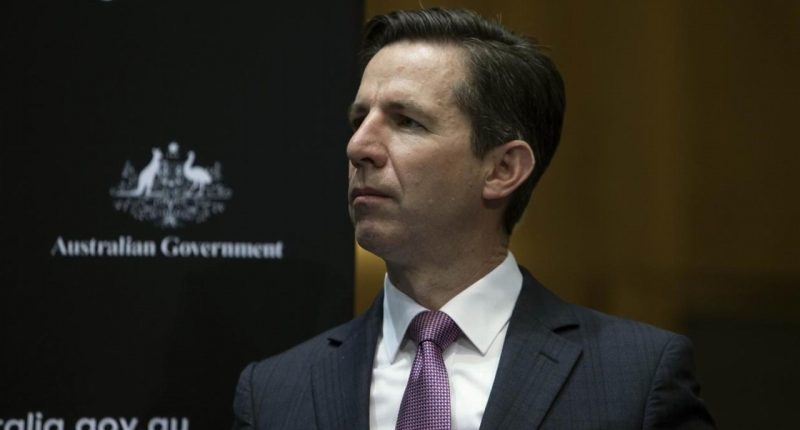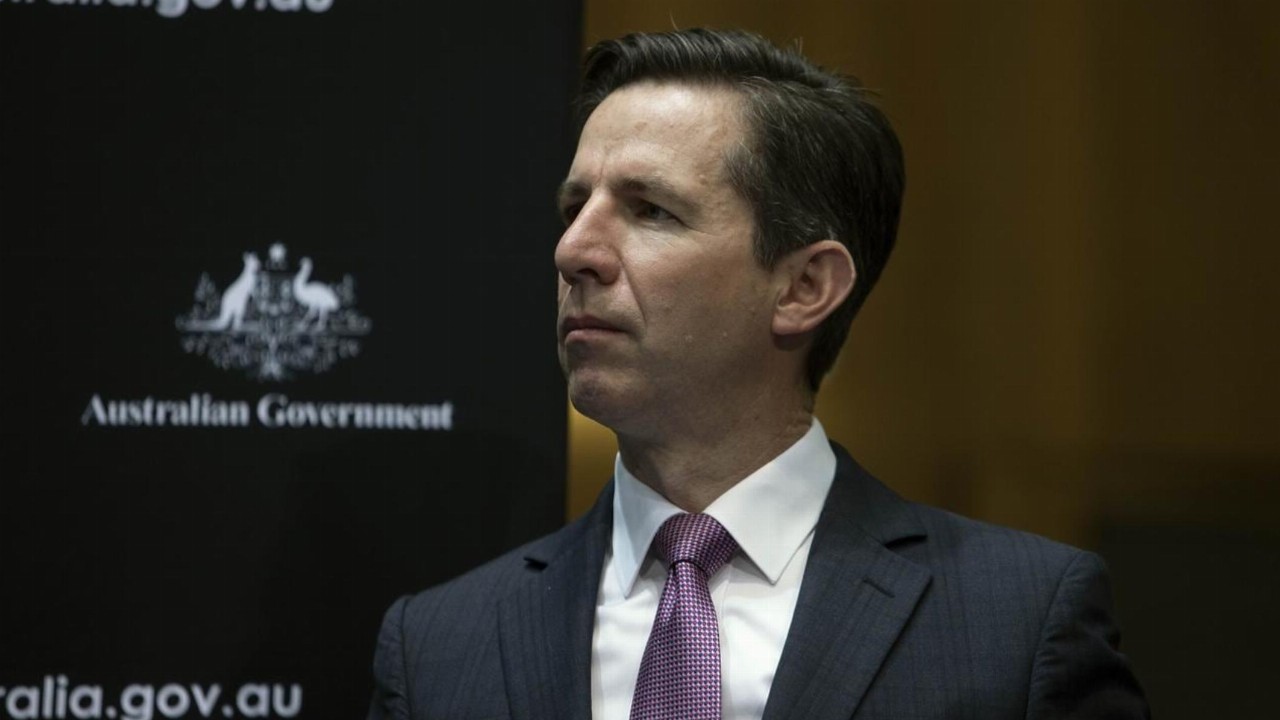- Australia is officially taking its trade scuffle with China to the World Trade Organisation (WTO), with China’s major barley tariffs at the forefront of the action
- In May, China slapped tariffs of up to 80.5 per cent on Australian barley, claiming Australian exporters were “dumping” the product in China
- Trade Minister Simon Birmingham denies the claims and, as such, says the WTO action is the logical next step for Australia to take
- China has also placed tariffs on Australian beef and wine and allegedly banned the import of Australian coal
- Beijing’s actions come after Australia has publically criticised China’ sedition laws over Hong Kong and territorial claims in the South China Sea, and called for an investigation into the origin of COVID-19
- Minister Birmingham says Australia has an “incredibly strong case” to mount against China with the WTO
- Australia has previously taken Canada and India to the WTO over trade disputes with wine and sugar, respectively
Australia is officially taking its trade scuffle with China to the World Trade Organisation (WTO), with China’s major barley tariffs at the forefront of the action.
Trade Minister Simon Birmingham confirmed in a press conference today the Federal Government has referred China to the global trade umpire over the tariffs.
“This is the logical and appropriate next step for Australia to take,” Minister Birmingham said.
“Australia has an incredibly strong case to mount in relation to defending the integrity and proprietary of our grain growers and barley producers,” he said.
In May, China slapped tariffs of up to 80.5 per cent on Australian barley following an investigation that allegedly found Australian growers were “dumping” the product on the Chinese market.
This refers to exporting the product at a lower price than what was being charged on China’s home market.
Australian barley growers and government officials alike vehemently denied the claims, but China went ahead and imposed its new tariffs anyway. This was just the start of a quickly-souring bilateral relationship between Australia and China.
Since then, China has placed tariffs on Australian beef and wine and even allegedly banned the import of Australian coal.
Then in September, China banned Australia’s biggest grain exporter, CBH, altogether, claiming the company was shipping large amounts of weed seeds along with its barley.
Tit-for-tat?
China has always cited genuine reasons for its harsh actions — like the disputed barley dumping claim. However, given these claims are denied by Australia, speculation is mounting that the Chinese trade blows are a retaliatory response to Australia’s call for an inquiry into the origins of COVID-19 back in April.
Of course, matters were only exacerbated when Australia joined a throng of global voices speaking out against Beijing’s sedition laws to solidify its grip of control over Hong Kong.
Australia has also openly rejected China’s bold territorial claims in the disputed South China Sea.
Australia’s public stances on many controversial Chinese issues have brought harsh criticism from Beijing, with Chinese state-run tabloid The Global Times frequently threatening to retaliate.
The tariffs and bans on Australian goods, then, appear to be Beijing making good on its word.
As such, Australia’s WTO action is designed to bring back commercially-viable trade with China for Australia’s barley industry.
Minister Birmingham said the WTO process is a chance to resolve Australia’s dispute with China through dialogue instead of retaliatory action.
Australia has previously taken Canada and India to the WTO over trade disputes with wine and sugar, respectively.







